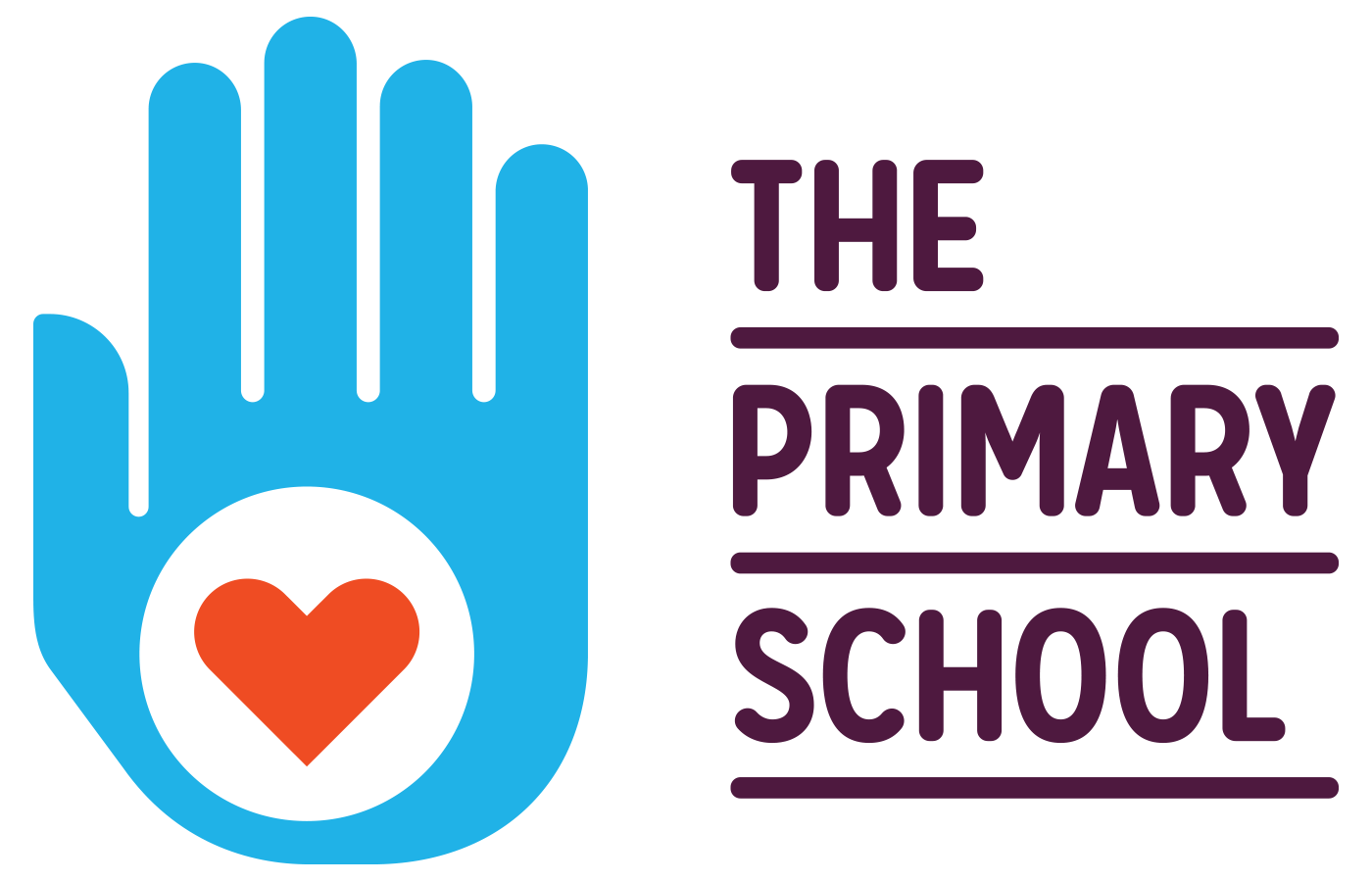Week 3: Asking Comprehension & Open Ended Questions (Sept. 27)
Suggested Ice Breaker:
Get Up Sit Down: Choose a word or number with your mentee. Start telling a story and incorporate that word into the story. Every time the word comes up, you and the mentee need to stand up if you are sitting, or sit down if you are standing. You can change the action to change things up (ie. jumping jack, spin in a circle, etc.)
Simon Says: Suggest playing Simon Says with your mentee. If they agree, tell them that they will need to follow your instructions when you say “Simon Says” before the instruction. If you do not begin the instructions with the words “Simon says”, then the mentee should not follow the instructions. You can begin by something like “Simon says clap your hands” while clapping your hands. As your mentee follows, you can speed up the actions, always saying “Simon says” first. After a short while, the “Simon says” is omitted.If your mentee follows the instructions anyway, then it can be their turn to try and be Simon! The game can be continued for as long as it remains fun.
Refer to the Enrichment Program Game & Ice Breaker List for additional activities.
Purpose: Practice reading a book and asking comprehension questions with your mentee.
Practice: Use Reading A-Z as a resource to look for books related to your mentees interests and reading level. Today we will practice asking your mentee questions before, during and after reading, that will help them better understand what they are reading. Asking questions “before, during, and after” will help students become better readers because we will be strengthening their ability to figure out the words, sound like a storyteller as they read, and then of course, understand the story or text they just read. Practice having the student read along with you over Zoom. Try having them read one page and you the other while practicing following along with your cursor.
First, we will practice open ended questions to get to know mentee better as an icebreaker. Which of the following leads to more language from the child?
Did you have fun at school today? “yes”
What did you do at school today? “We learned about numbers and I played with Legos”
Questions to Ask Before Reading (when looking at the cover):
Review suggested vocabulary words before reading
What does the title say?
What do you think this book will be about? Why?
Tell me what you see in the picture?
What else does this cover tell you might happen in the story?
What do you see here?
Note: [If there are chapters in this book, read chapter titles and ask what they think book will be about]
Questions to Ask During Reading:
What do you see here? Tell me what you see in the picture?
What are you wondering? What do you think happened?
What do you think is going to happen next? Why do you think that?
When looking at the next page: How has the picture or story changed?
Where are the characters now? What makes you say that?
Questions to Ask After Reading:
What did you think would happen in the story? What actually happened in the story?
Retell the story: what happened at the beginning, middle and end of the story?
What was your favorite part of the story? Why was that your favorite part?
Did the story remind you of anything in your life? How is it the same/different?
If the story kept going, what do you think would happen next?
Note: As you are reading, be sure to ask questions about what’s happening and who is the story. It’s a good idea to follow up questions with “how do you know?” or “why do you say that?” so that your mentee can get into the habit of basing their ideas on evidence from the text.
NAVIGATING READING A-Z
STEP1: https://www.readinga-z.com/
STEP2: Click Member Log In
Username: TPSMentorship
Password: TPS2020
STEP3: Click on Resources → Leveled Texts → All Leveled Books
STEP4: Click on student level and explore books!
STEP 5: Project Book
